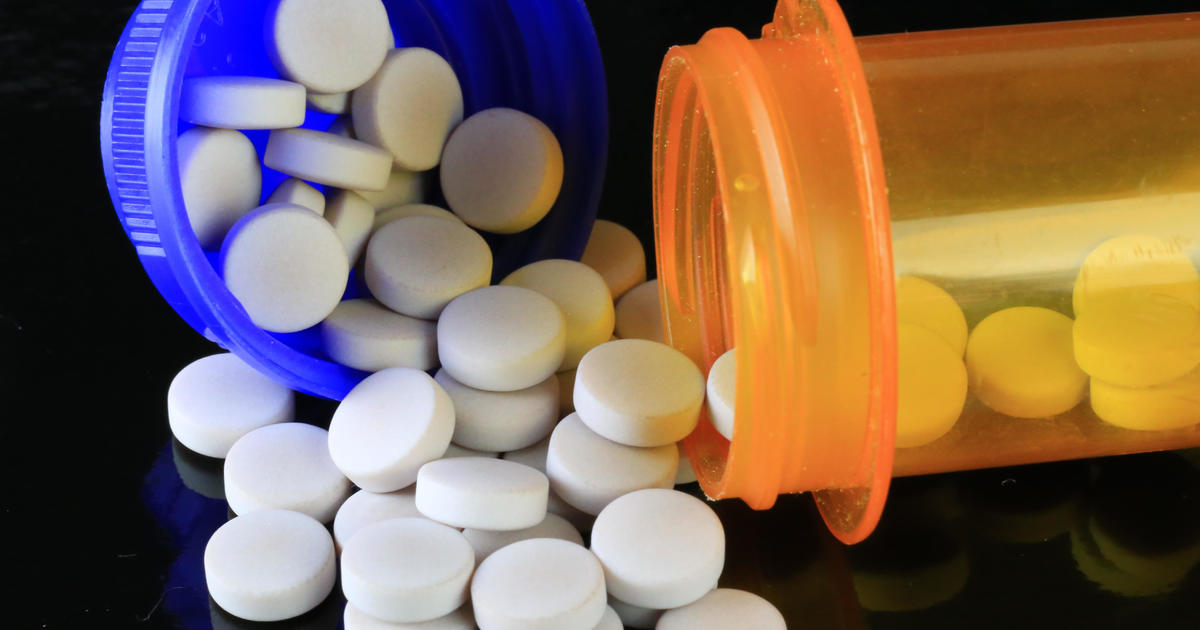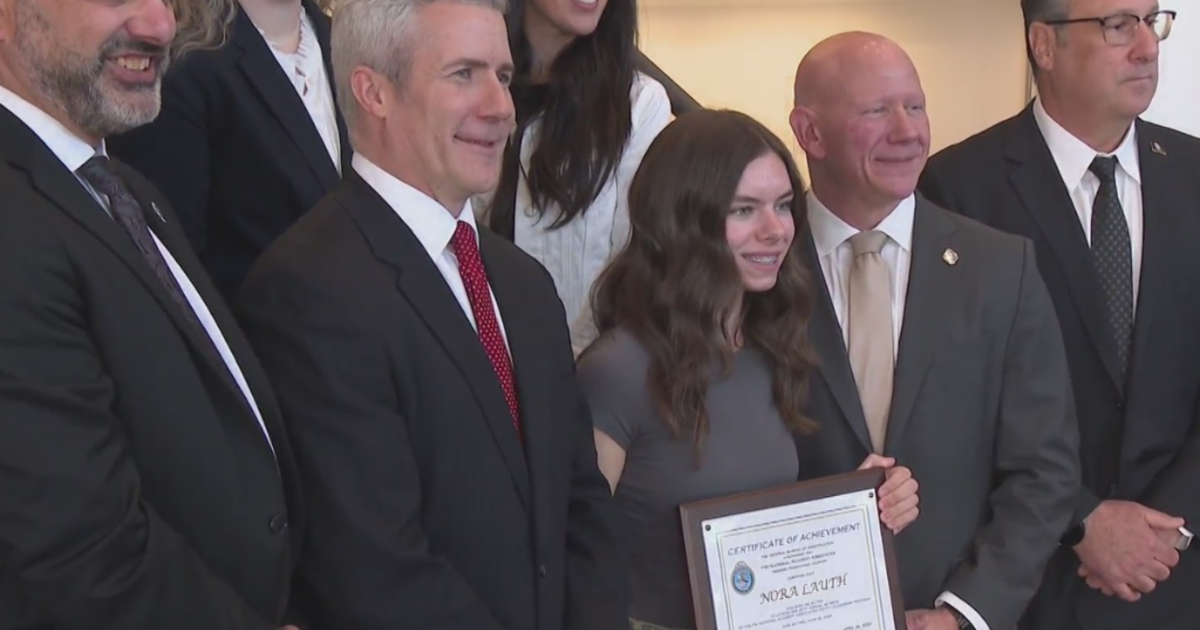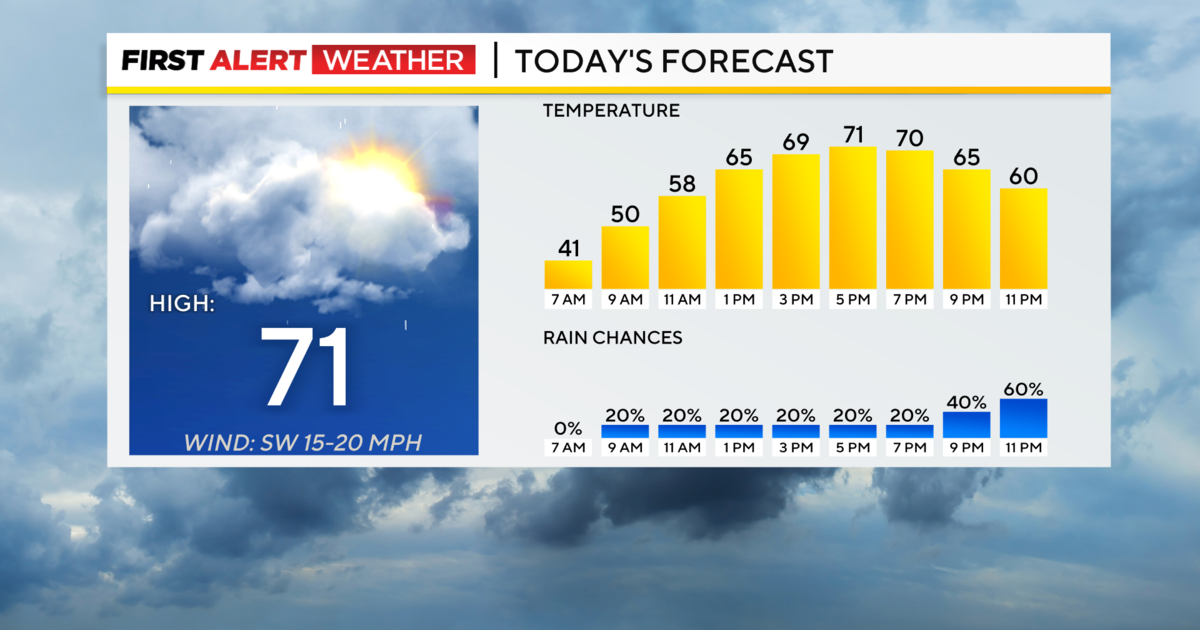Determining Your Child's Cold Symptoms Vs. COVID-19, And When To Keep Them Home From School
PITTSBURGH (KDKA) -- The Omicron variant of COVID-19 has magnified the dilemma parents are facing with regularity. How do you know if your child has a cold or COVID, and when do you keep them home?
It's an incredibly frustrating situation and a very disruptive decision on the home front -- one that pediatrician Dr. Adam Keating fully understands.
"I think it's important to acknowledge just how difficult this is and just how tired of this we all are. This is all making our lives much more difficult," says Dr. Keating.
Because isolation and quarantines require a major scheduling upheaval at home, add to that the confusion of just what you're dealing with.
Dr. Keating says, "We have had, in the past talked about kids going to school with a little bit of runny nose or a cough. And unfortunately when COVID Right now it's really hard to tell the difference between those symptoms and other respiratory viral symptoms.
So he says use the old standard guidelines as a decision starting point. "Anytime a kid's got a fever. Anytime they're feeling ill enough that they're not going to be able to participate in school or has increased resources being used by the school staff in order to keep them comfortable or alert. They should stay home."
But not just stay home, "Any kid who's having a new onset of fever, runny nose, cough, congestion, muscle aches, loss of taste or smell that they get evaluated by their healthcare provider."
In other words get tested for COVID with one exception, "If everybody else in the house has COVID and a kid develops symptoms, you might just treat them as they're positive for COVID. And as long as they're not in distress. They don't necessarily need to be tested to confirm it."
Instead notify your pediatrician and get treatment advice over the phone.
As for those home antigen test Dr. Keating says they are good for confirming what you suspect, to a point. "But if they have symptoms and that rapid antigen test test negative, they really do need a PCR follow up for us to say whether it's negative or not."
If all the COVID indicators come up negative and you're child can handle going to school with a mild cold, Dr. Keating says mask them up and let them go. "We would rather have them in school than not and it is part of our social responsibility to make sure that not only are we caring for our own kid, but that we're looking out for the best of all the other kids and then their contacts."
But if they're running a fever and are miserable, keep them home and deploy the chicken soup.



